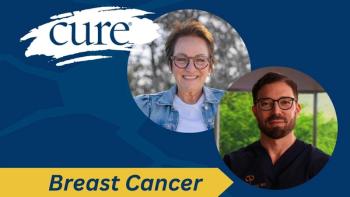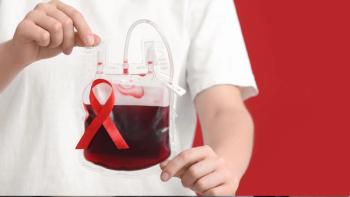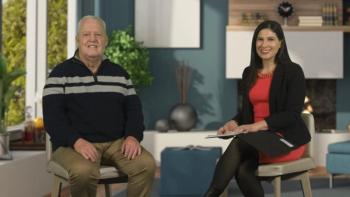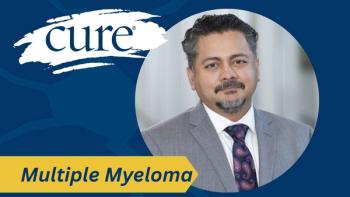
Communication is Key When Navigating Cancer and a Marriage
Janice and Rex Cowden sat down for an interview to discuss how to navigate a cancer diagnosis as a couple, and that communication is not only the key to a better cancer journey but a better marriage.
In 2011, Janice and Rex Cowden were looking forward to enjoying Rex’s new retirement and moving into a new home when life took a turn and Janice was diagnosed with stage 1 triple-negative breast cancer (TNBC). After successful treatment and years of positive follow ups, Janice was devastated to receive a second diagnosis, this time of stage 4 TNBC, in the summer of 2016. But the Cowdens soon learned that sharing their feelings, honestly and often, would be the only way to get through it together.
Having recently celebrated their 41st anniversary, the
“This isn't just a disease that's being experienced by you as a patient. It's a disease that's being experienced by your caregivers, by your family, your friends,” she says. “Everyone feels the weight of this disease, but they can also feel very helpless too.”
Transcription:
I think it's very, very important for couples to be open and honest. I think it's important for if you're the patient, I think it's important for you to be able to ask for help when you need it. And to understand that for the caregivers, this isn't just a disease that's being experienced by you as a patient. It's a disease that's being experienced by your caregivers, by your family, your friends. Everyone feels the weight of this disease, but they can also feel very helpless too.
And if they're in a position where they're offering to help you, which I hope they are, you need to be very specific about what it is you need, and what it is you want and just know that they're going through this too.
Unfortunately, there's not a lot of support out there for caregivers. There's a lot for those of us who were diagnosed with a disease, but for caregivers, not so much. I think it takes a lot of patience, and sometimes fear can produce emotions and it comes out as anger and you know, I see a lot of relationships fail. Marriages fail as a result of this diagnosis. Some people simply can't handle it.
I think getting therapy is a wonderful thing that you can do. And I also think it's important for you to learn as much as you can about your disease and to share that information with your caregiver. Because I think lack of knowledge makes us feel even more helpless and anxious.




